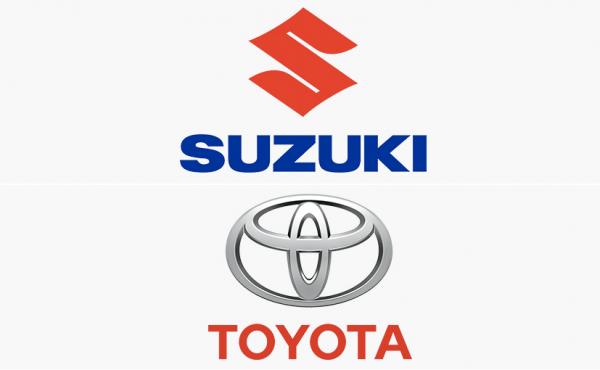Japanese auto giants Toyota and Suzuki have agreed the next steps to launching a range of electric vehicles in India by “around 2020” using locally made lithium-ion batteries.
Toyota said on 17 November the firms had concluded a memorandum of understanding (MOU) on moving forward with the project.
Under the terms of the MOU, Suzuki would produce EVs for the Indian market and “supply some to Toyota, while Toyota is to provide technical support”.
The car makers said they will kick start the project by conducting a study of “activities for the widespread acceptance and popular use of EVs in India”— including “systems for the appropriate treatment of end-of-life batteries” and EV charging infrastructure.
The MOU marks a major step forward in the firms’ proposals— outlined last February— to cooperate on the introduction of EVs in India.
In the summer, the Indian government said it was considering incentivising domestic carmakers to set up their own lithium-ion battery plants in the country to reduce the cost of domestic EVs production.
Suzuki has already announced it intends to build a lithium-ion battery plant on the site of its new car manufacturing facility in the Indian state of Gujarat.
In a related announcement, Toyota confirmed plans to roll out EVs under its brand in the Chinese market in 2020. The company said it is “expanding the scope” of an existing fuel-cell vehicle feasibility study to cover the use of commercial vehicles in China such as buses.












